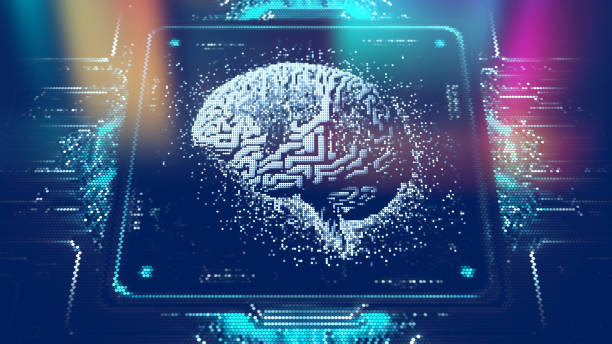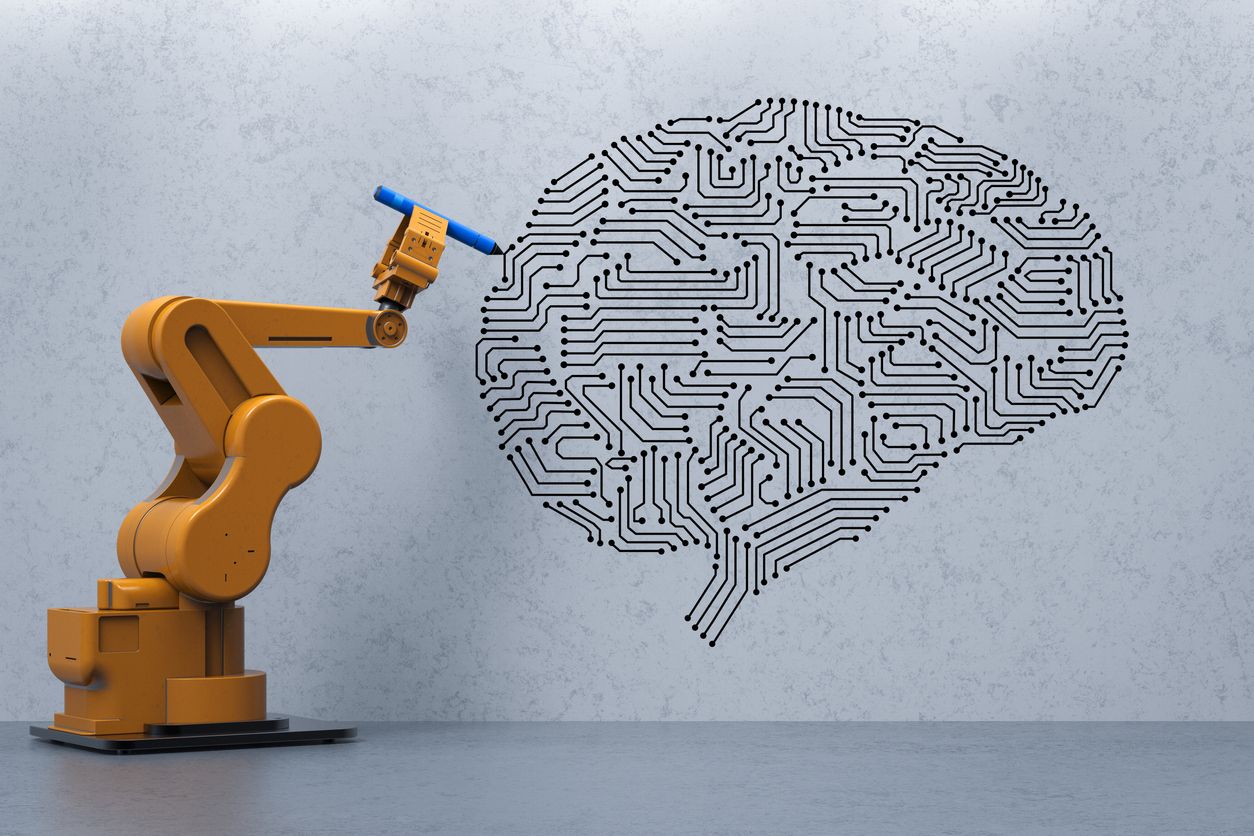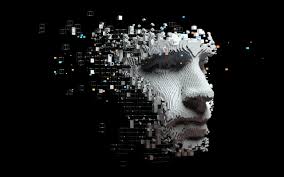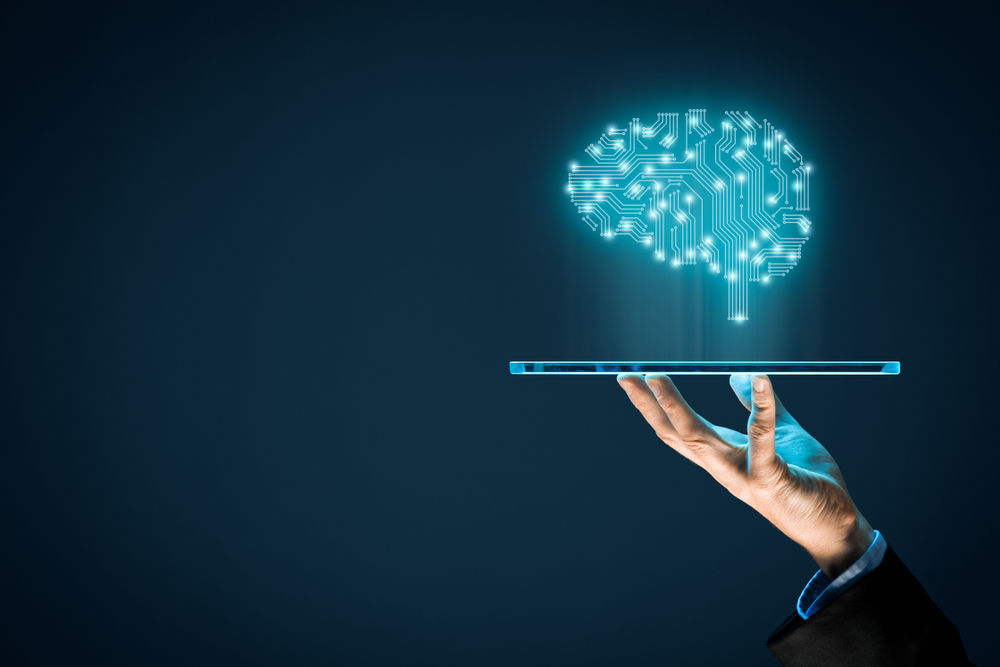Artificial intelligence continues to revolutionize the way we live and work. From chatbots to self-driving cars, AI agents are becoming more prevalent in our daily lives. But did you know that there are different types of AI agents? Each one has its own unique characteristics and functions, making them essential components of artificial intelligence systems. In this blog post, we’ll explore how many types of agents are defined in artificial intelligence and what makes them so important. So, buckle up and get ready for a journey into the exciting world of AI!
Artificial Intelligence agents can be classified based on their purposes
Artificial intelligence agents can be classified based on their purposes. There are three main types of artificial intelligence agents: tactical, strategic, and operational. Tactical AI agents are used for tasks such as navigation, battlefield management, and target identification. Strategic AI is used for planning and decision-making, while operational AI is used for performing specific tasks.
There are five main types of AI agents
There are five main types of AI agents: rule-based, situated, intelligent tutoring systems (ITS), automated reasoning systems (ARS), and cognitive tutors.
Rule-based AI agents are programmed to follow specific rules in order to achieve a desired outcome. For example, a rule-based agent might be used to play a game of chess or checkers. Situated AI agents are also rule-based, but they exist in the real world instead of on a computer screen. Intelligent tutoring systems (ITS) are designed to provide one-on-one help to students in school or at work. Automated reasoning systems (ARS) are similar to ITSs but they can also perform complex calculations. Cognitive tutors are designed to help people learn new information or skills.
Each type of AI agent has its own advantages and disadvantages
Artificial intelligence (AI) is an umbrella term that refers to a wide range of technologies that can facilitate decision-making. The different types of AI agents have their own advantages and disadvantages. Some of the most common types of AI agents include:
-Neural networks are computer systems modeled after the human brain and can be used to process information. They are often used for pattern recognition and decision-making. Neural networks are good at recognizing patterns but may not always make accurate decisions.
-Statistical models are similar to neural networks but use mathematical formulas instead of neurons. Statistical models are more accurate but can be harder to program.
-The rule engine is a type of artificial intelligence agent used for reasoning based on sets of predefined rules. A rule engine can be programmed to make decisions in specific situations, or it can be automatically generated from user input.
-Expert systems are computer programs that contain knowledge about specific topics or areas. Expert systems can be used to make decisions by using the knowledge contained within the system.
Which type of AI agent is best for your business?
There are many types of AI agents, each with its own set of strengths and weaknesses. Ultimately, the best AI agent for your business will depend on the specific needs you have and the specific technologies you are using.
Some common types of AI agents include natural language processing (NLP), machine learning, expert systems, and artificial general intelligence (AGI).
NLP is a type of AI that helps computers understand human speech. machine learning is a method used to train computers to learn from data without being explicitly programmed. Expert systems use rules written in artificial intelligence programming languages to make complex decisions. Artificial general intelligence is a type of AI that can reason abstractly and learn from experience.
Each type of AI agent has its own benefits and drawbacks. NLP is good at understanding human speech but can be less accurate when it comes to interpreting other forms of communication, such as text or images. machine learning is good at training computers to do specific tasks but isn’t as accurate when it comes to making decisions on its own. Expert systems are good at making complex decisions but can be difficult to create and maintain. Artificial general intelligence is able to reason abstractly but isn’t as proficient when it comes to performing specific tasks.
Conclusion
In this article, we have outlined the different types of agents that are commonly found in artificial intelligence. By understanding the different types of agent and their roles, you will be better equipped to create AI models that are accurate and reliable.





